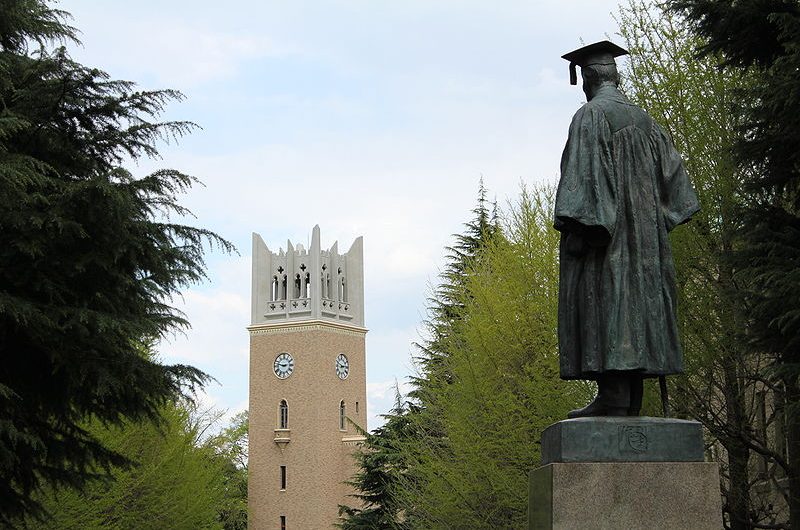
The Challenge of Reconciliation Studies in East Asia
Nationalism and Transitional Justice after Decolonization
Reconciliation in East Asia is characterized by vicissitudes, making the study and analysis of the process challenging and complex. This seminar will explore the various facets of reconciliation in East Asia, including national memories and the transformation of reconciliation studies; the reconstruction of the broader field of conflict resolution studies in the region; and the role of symbolic boundaries in the reconciliation process in East Asia. The seminar will offer a comparative example of Germany’s policy of reconciliation.
Toyomi Asano is a professor of political history of Japan at the department of Political Science and Economics in Waseda University, Tokyo. He was a Fellow at the Woodrow Wilson Center for International Scholars in 2015. He graduated from doctoral course of the Graduate school of Advanced Social and International Studies in Tokyo University in 1998. In 2009, he won the 25th Masayoshi Ohira Memorial Prize and the Yoshida Shigeru Prize.
Naoyuki Umemori is Professor of School of Political Science & Economics at Waseda University. He graduated from Waseda University (B.A.& M.A.) and The University of Chicago (Ph.D.). His specialty is History of Modern Japanese Political Thought. His research interests include social theory, nationalism, colonialism, Asianism, socialism, and anarchism. In addition to numerous articles for Japanese journals, his dissertation, “Modernization through Colonial Mediations: the Establishment of the Police System in Meiji Japan” (Submitted to The University of Chicago, 2002) is available in English. He is also the translator of Harry Harootunian Overcome by Modernity: History, Culture, and Community in Interwar Japan (Princeton University Press, 2001).
Karina V. Korostelina is a Professor at the School for Conflict Analysis and Resolution, GMU and a Director of the Program on History, Memory and Conflict. She has been Rockefeller Fellow, Fulbright New Century Scholar, fellow at the Eckert Institute for International Textbook Research, Woodrow Wilson International Center for Scholars, and the Central European University. Her research was supported by 40 grants and presented in 16 books and 85 articles and chapters, including The Social Identity and Conflict: Structure, Dynamic and Implications (2007), Constructing Narrative of Identity and Power (2013), International Insult: How Offence Contribute to Conflict (2014) and Trump Effect (2016).
Lily Gardner Feldman is a Senior Fellow at the American-German Institute at Johns Hopkins University, where she was formerly the Director of the Society, Culture & Politics Program. Her most recent publication is “Commemoration in Comparison,” in Daqing Yang and Mike Mochizuki, eds., Memory, Identity, and Commemorations of World War II (Lanham, MD: Lexington Books, 2018). She has a Ph.D. in Political Science from MIT.
From 1978 until 1991, Dr. Gardner Feldman was a professor of political science (tenured) at Tufts University in Boston. She was also a Research Associate at Harvard University’s Center for European Studies, where she chaired the German Study Group and edited German Politics and Society; and a Research Fellow at Harvard University’s Center for International Affairs, where she chaired the Seminar on the European Community and undertook research in the University Consortium for Research on North America. From 1990 until 1995, Dr. Gardner Feldman was the first Research Director of AGI and its Co-director in 1995. From 1995 until 1999, she was a Senior Scholar in Residence at the BMW Center for German and European Studies at Georgetown University. She returned to Johns Hopkins University in 1999. Dr. Gardner Feldman has published widely in the U.S. and Europe on German foreign policy, German-Jewish relations, international reconciliation, non-state entities as foreign policy players, and the EU as an international actor. In 2014 she published Germany’s Foreign Policy of Reconciliation: From Enmity to Amity (Rowman & Littlefield). Her work on Germany’s foreign policy of reconciliation has led to lecture tours in Japan and South Korea.
Location
AICGS
1755 Massachusetts Ave. NW | Suite 700 | Washington, DC 20036






